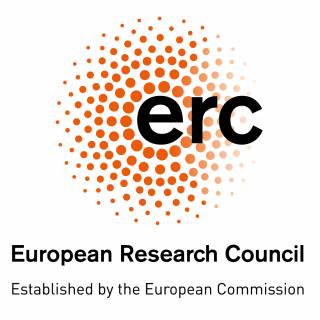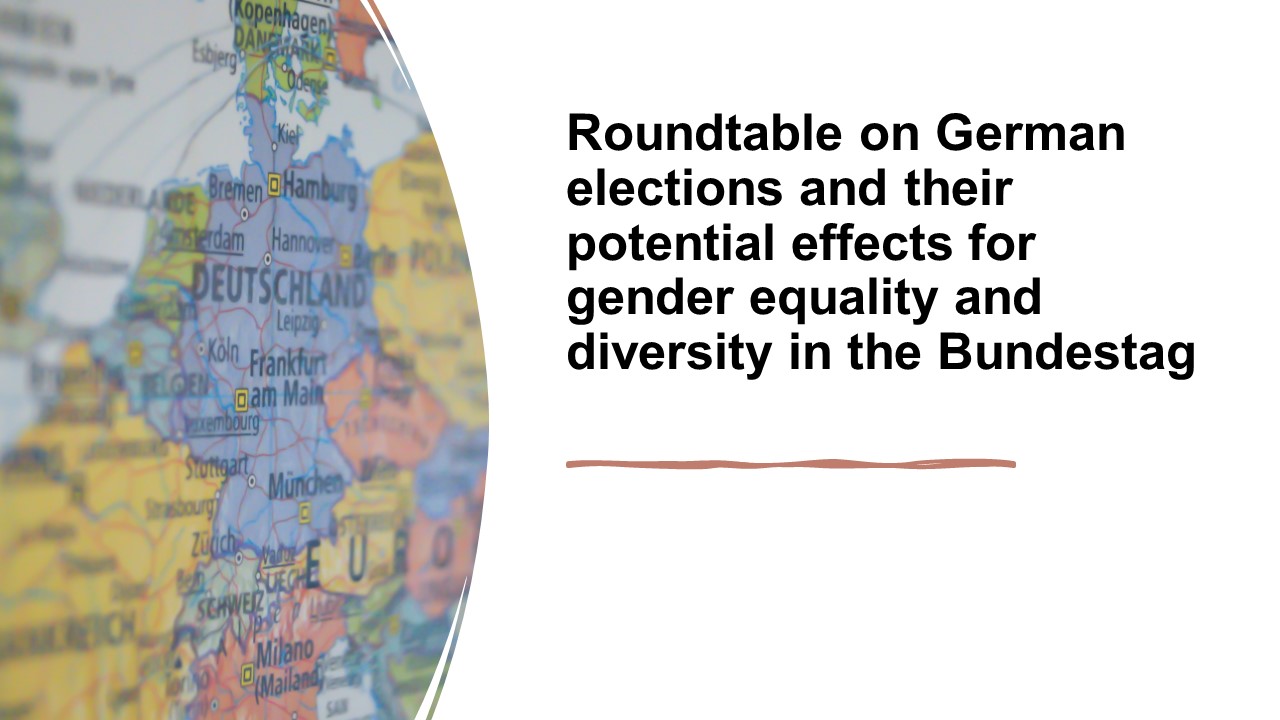The September 2021 elections to the German Bundestag mark the end of Angela Merkel’s four terms as first German woman chancellor. Simultaneously, they are the first German elections with three candidates for chancellorship, among them for the first time a candidate from the Green Party, Annalena Baerbock. Election polls were characterized by changing leads – Christian Democrats (CDU), Greens, Social Democrats (SPD) – fostering speculations about potential future coalition governments.
The roundtable participants scrutinize the election results and coalition negotiations regarding their potential impact on gender equality. Considering the role of conservative feminists (Malliga Och) and visible minority MPs (Anne Jenichen) as well as implications for European Union (gender) politics (Gabriele Abels), the roundtable participants discuss chances for making German policies and the German Bundestag more gender equal and diverse. Petra Ahrens, who just started her related new Academy of Finland research project ‘On the road to gender-sensitive parliaments? Gender Equality and Democratic Practices in the Finnish, German, and Polish Parliament Compared’ (GSParls) chaired the roundtable.
Chair: Petra Ahrens (Tampere University, Finland)
Speakers:
Gabriele Abels (University of Tübingen, Germany)
Anne Jenichen (Aston University, UK)
Malliga Och (Idaho State University, USA)
Time: November 4th, 2021, 17:00 – 18:30 EET (16:00-17:30 CET)
The full program of the EUGenDem workshop series can be found here.
In case of questions about the workshop, you can contact Barbara Gaweda (barbara.gaweda@tuni.fi).


